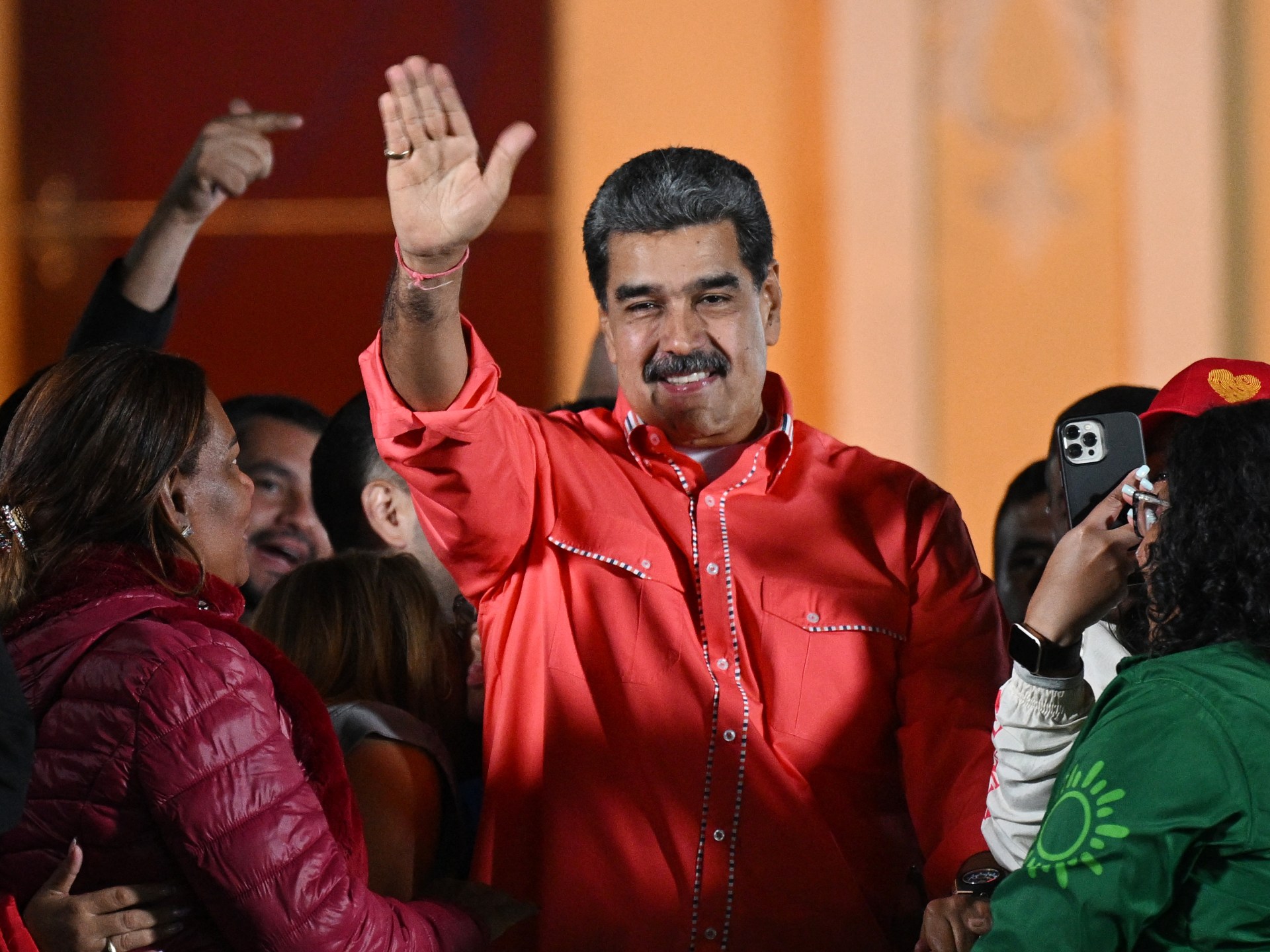The United Socialist Party of Venezuela (PSUV) and its allies received 82.68 percent of the votes cast the day before for seats in the National Assembly, according to preliminary results released by the National Electoral Council (CNE) on Monday.
The party will continue to hold control of important power structures, including the attorney general’s office and the nation’s top court, whose members are chosen by the assembly’ 285-members.
Additionally, according to CNE, the government won 23 of the 24 state governor positions, putting an end to the opposition’s previous hold on four governorships.
8.9 million people, or roughly 42 percent of the 21 million eligible voters, cast ballots in the elections. That figure, according to CNE’s Carlos Quintero, was the same as the election of 2021.
However, the country’s main opposition leaders had urged voters to boycott the election in protest of the results of the presidential election in July 2024. Authorities declared Maduro the winner of the race, but the opposition claims to have won.
Up to 85% of eligible voters in some areas of the nation voted against the election, according to Maria Corina Machado, a figurehead of the opposition, in a post on X late on Sunday. She criticized the election as an “enormous farce that the regime is trying to stage a burying of its defeat” in the election of last year.
However, Maduro refused to accept the boycott.
He remarked in a blunt manner, “We advance and occupy the terrain when the opponent withdraws from the field.”
Turnout was noticeably low in Venezuela’s main cities, according to reports from journalists and social media posts. However, government party images show large voter turnouts in places like Trujillo and the Amazons.
Teresa Bo, a journalist from Argentina, reported for Al Jazeera that Maduro faced a difficult task of challenging him with more forceful force during the campaign because there was a rift between the opposition and the boycott call.
She continued, noting that the majority of analysts “could not guarantee if the elections were free and fair.”
More than 400,000 security personnel were present to monitor the election on Sunday, and more than 70 people had been detained.
Leading opposition figure Juan Pablo Guanipa was among those detained because he was accused of being the head of a “terrorist network” that intended to “sabotage” the election.
The government, which has repeatedly warned of foreign-backed coup plots, claimed dozens of suspected mercenaries had crossed Colombia, causing the busy border to be closed until after the election.
Despite years of mismanagement and sanctions, Maduro’s victory in recent elections comes in spite of the economy’s decline, which was once Latin America’s envy. More are in order.
Venezuelan oil giant Chevron’s permission to pump it has been revoked by US President Donald Trump, potentially denying Maduro’s government a vital economic lifeline.
Source: Aljazeera

Leave a Reply